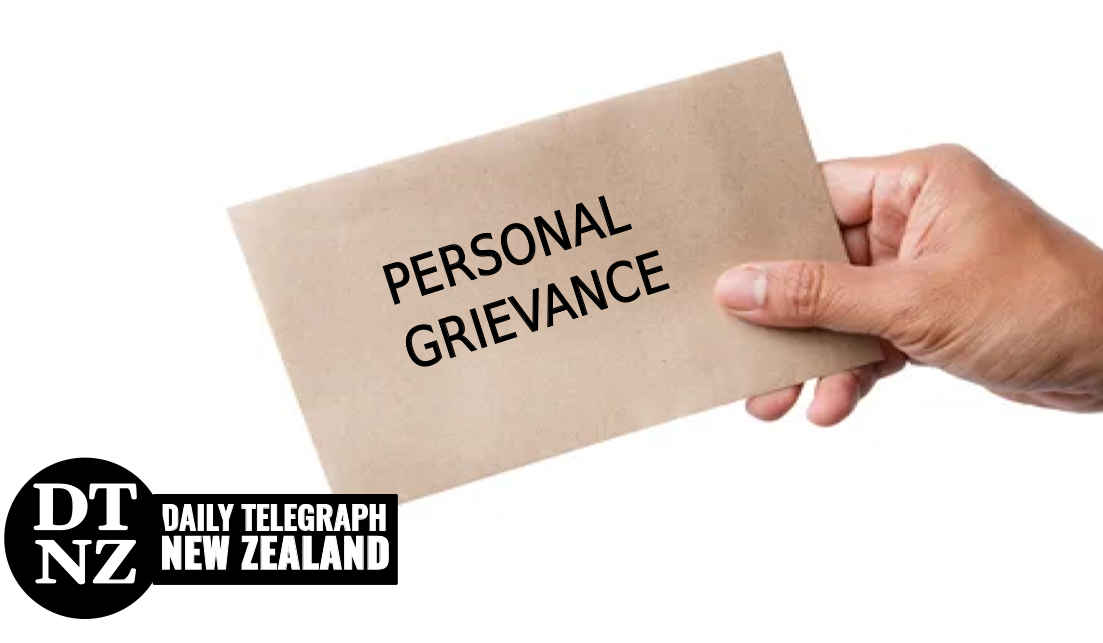
An employee may raise a personal grievance against their former employer if they believe they have been unjustifiably dismissed.
The difficulty with these claims is that the test is vague:
The test is whether the employer’s actions, and how the employer acted, were what a fair and reasonable employer could have done in all the circumstances at the time the dismissal or action occurred.
When considering a claim for unjustified dismissal, it is important to consider two elements: the process undertaken and the reasons behind the termination of employment.
Procedural justification
No matter how serious the allegation, the employer is still required to conduct a fair and reasonable process. In fact, an employee will have grounds for a personal grievance on a process defect alone, so long as the defects were more than minor and resulted in the employee being treated unfairly.
Section 103A of the Employment Relations Act 2000 provides that the Authority must ask itself the following questions:
- Did the employer sufficiently investigate the allegations against the employee before dismissing the employee?
- What were the resources available to the employer?
- Did the employer raise the concerns that the employer had with the employee before dismissing the employee?
- Did the employer give the employee a reasonable opportunity to respond to the employer’s concerns before dismissing the employee?
- Did the employer genuinely consider the employee’s explanation (if any) in relation to the allegations against the employee before dismissing the employee?
In considering a disciplinary process for serious misconduct, the process is relatively straight forward: the employer must investigate and raise their concerns, provide the employee with an opportunity to give feedback, and genuinely consider the employee’s feedback before providing a final decision on the matter.
However, things become more complex when considering a restructure process or a complex investigation. The main rule to remember is that with every new piece of information you are provided, you are entitled to the opportunity to provide feedback on that information before a decision is made.
It is also important to check the Individual Employment Agreement, as some agreements have a specified process with regards to warnings given for misconduct and performance issues.
However, the main question will always be: did the employer’s failure result in the employee being treated unfairly?
Substantive justification
The most difficult question to ask yourself is whether the termination of employment was substantively justified: that is, whether the decision was fair and reasonable.
In redundancy situations, this means asking yourself whether the redundancy was made for genuine purposes. Was there an ulterior motive? Was there a reasonable alternative to redundancy? Was the decision made prematurely? You can read more about redundancies in Ashleigh the Advocate’s blog post.
In medical incapacity situations, this means assessing the situation and determining whether the employee should have been allowed to remain on unpaid sick leave, or whether it was appropriate to terminate the employee’s employment. You can read more about medical incapacity in Ashleigh the Advocate’s blog post.
In performance situations, this means asking yourself whether the employee failed to meet the reasonable expectations of them, and that they failed to respond to the employer’s coaching and training opportunities.
In disciplinary situations, this means asking yourself whether, in all the circumstances, the employee’s actions were so serious as to destroy the trust and confidence in the employment relationship. This is a difficult one, and even after years of experience, it can be difficult to ascertain whether a termination was fair and reasonable. However, some things you may want to consider include:
- The employee’s length of employment (and therefore the strength of the trust and confidence in the relationship).
- Whether the employee has had any previous warnings or disciplinary processes.
- Whether there were any outside events that impacted the situation.
- Whether the act was intentional, reckless or negligent.
- Whether the employee is likely to repeat the conduct.
- The employee’s contribution to the situation.
- The employee’s accountability and remorse for the situation.
- How the employer has dealt with this conduct in the past (the law states that like situations must be treated alike).
- What the individual employment agreement states.
This list is not exhaustive, but it does provide a number of good questions to ask yourself. Otherwise, I usually tell people to: “trust your gut.”
Contribution
If the Employment Relations Authority finds that the employee has a personal grievance, it is required to consider whether the remedies should be reduced due to the employee’s contributory conduct. It is therefore imperative that you consider this, too; as the greater level of contribution, the less the employee will receive in remedies.
Conclusion
The Employment Relations Act 2000 does not provide much guidance in determining whether an employee has been unjustifiably dismissed. However, the Employment New Zealand database provides an avenue for you to search through every reported Employment Relations Authority case to assist you in determining the chances of success. It can be difficult to ascertain the right keywords, but with enough practice you will be able to navigate the site with ease.
Ashleigh the Advocate provides free initial advice, and if you require representation she works on an ethical “No Win, No Fee” structure: providing you with quality advice and representation with no upfront costs. Her phone number is 027 555 999 5. Alternatively, you may wish to follow her on Facebook, where she routinely post about employment law.